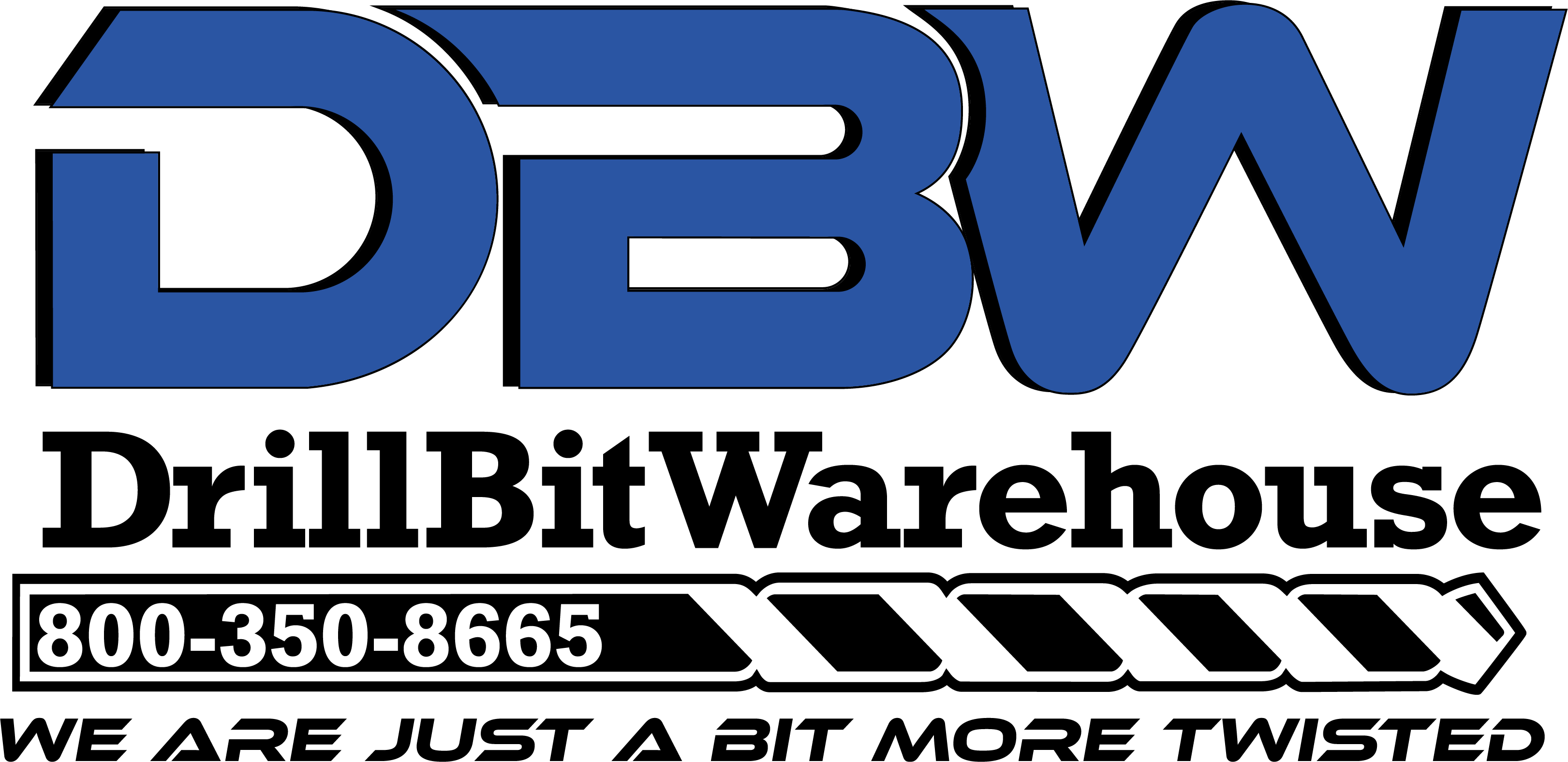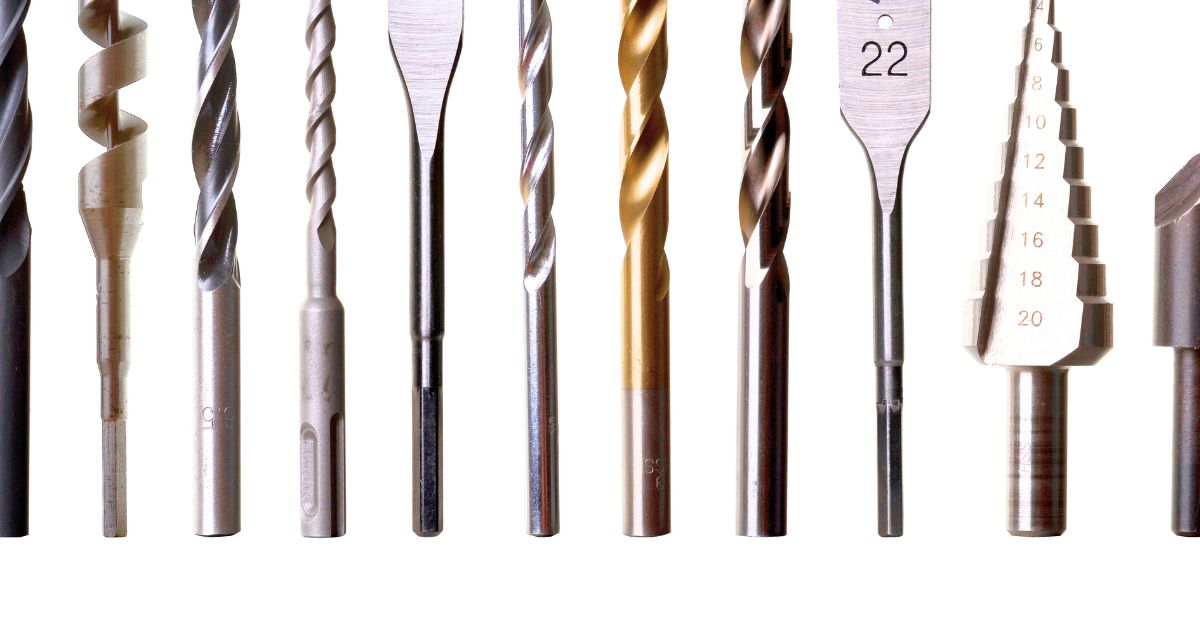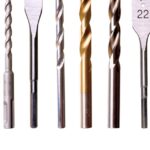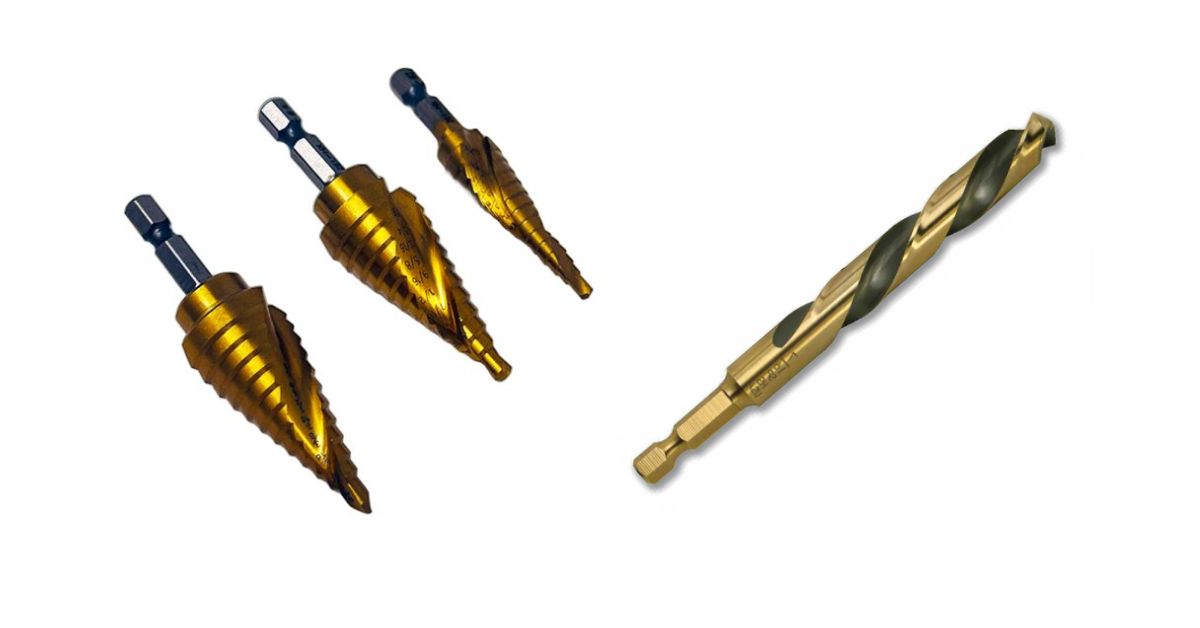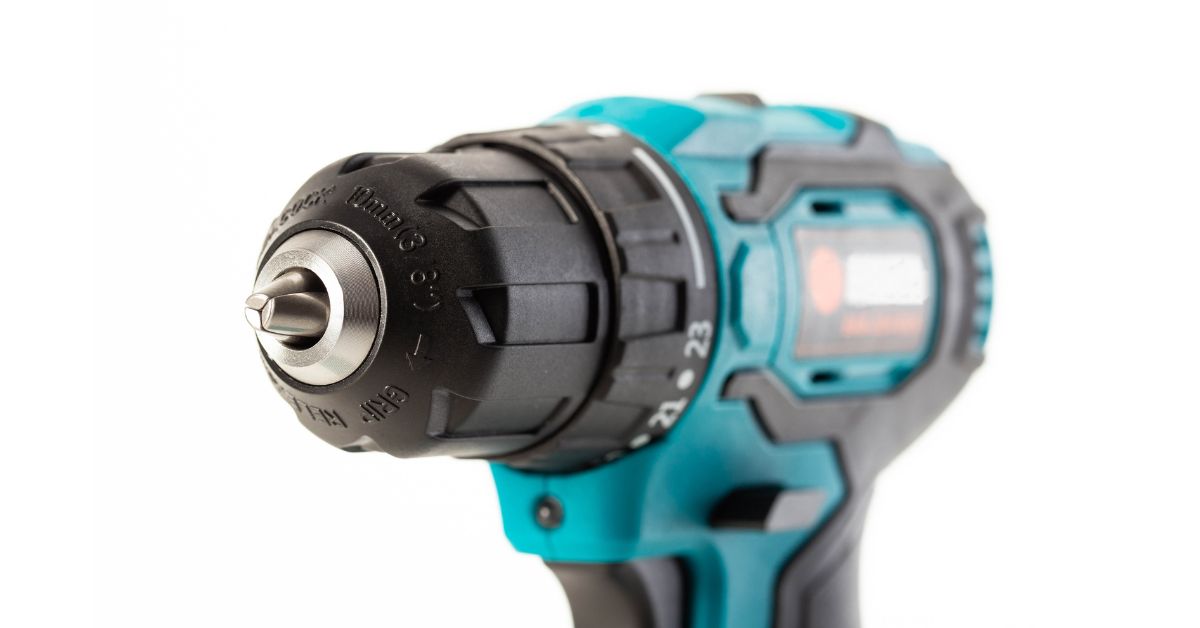Choosing the right drill bit shank for your projects can be tricky with so many types available. Understanding which shank meets your needs can make a significant difference in your quality of work. Check out this beginner’s guide to choosing the right drill bit shank type to help you diversify your toolkit.
Understanding Drill Bit Shanks
A shank is the end of the drill bit that fits into a power drill’s chuck. Choosing the ideal shank type impacts the performance and efficiency of your drilling tasks. Various drills and work materials require different shank types for optimal results.
Tapered Shank
Tapered shanks gradually decrease in diameter toward the end, helping the drill bit fit securely in tapered drill chucks. This design minimizes slippage and enhances grip, making bits with these shanks suitable for high-speed drilling applications.
Benefits and Downsides of Tapered Shank
Tapered shank drill bits offer significant benefits. For instance, the superior grip in the chuck minimizes slippage during high-speed drilling. The design enhances stability for smooth drilling, which is especially helpful when working with dense materials. However, bits with tapered shanks are limited to specific drill types and can be challenging to remove from the chuck. Despite these drawbacks, their performance in precision drilling makes them valuable for countless users.
Split Point Shank
Split point shanks feature a pointed tip that helps with penetration and accurate drilling. This design prevents walking on the surface and facilitates drilling through various materials, including metal and wood. Split point shank bits are ideal for tasks requiring precision.
Benefits and Drawbacks of Split Point Shank
The split point shank offers significant advantages for drilling projects by providing swift and precise penetration, minimizing surface wandering, and ensuring clean entry points. This shank is also great for drilling into metal. However, it may wear down quickly with frequent use on hard materials and might not fit all drill chucks.
Step Shank
Step shank drill bits enable you to create different hole sizes without changing bits, supporting your efficiency while you work. Step shank bits have unmatched versatility in one tool.
Benefits and Drawbacks of Step Shank
Step shanks are ideal for cabinetry and plumbing projects, as their stepped design enables quick transitions. While they may lack the precision of other bits, their adaptability makes them essential for efficiency.
Left-Handed Shank
Left-handed shank drill bits can drill in reverse. They are handy for removing broken screws or bolts, as the left-hand rotation can grip and extract broken pieces.
Benefits and Drawbacks of Left-Handed Shank
While left-handed shanks are great for maintenance and mechanical repairs, their specialized use limits their application for regular drilling tasks.
Countersink Shank
Countersink shank bits create conical holes to sit screws flush with or below the surface of the material. Countersink shank bits help you achieve a professional look in your work.
Benefits and Drawbacks of Countersink Shank
Countersink shanks enhance both aesthetics and functionality. However, the conical holes may not suit all drilling tasks. Investing in high-quality bits supports the durability of your project and the performance of your tools.
Choosing the Right Drill Bit Shank Type
When beginners select our guide to choosing the right drill bit shank type, they often consider the material, the type of drill to use, and the nature of your project. Matching the shank type to these factors will yield better performance and extend the tool’s life.
Material Compatibility
Wood
Straight and hex shanks are great for a variety of wood drilling tasks. Their unique structure provides exceptional stability, especially when creating clean, precise holes. Additionally, both shanks support adaptability when switching between bit sizes. They are ideal for projects requiring versatility and speed.
Metal
Straight and reduced shanks stand out for their versatility and strength when drilling into metal. These shanks withstand high pressure and temperatures, enabling precision drilling through steel and aluminum. This is essential for metalworking applications requiring durable tools.
Masonry
For masonry work, slotted drive shaft (SDS) shanks are the top choice. Their unique design helps you drill through hard materials, such as concrete and stone. The SDS system assists in power transfer from the drill to the bit, making it easy to drill into tough materials.
Drill Compatibility
Ensure the drill bit shank is compatible with your drill’s chuck type. It’s essential to check whether your drill accommodates hex, SDS, or straight shank bits, as this compatibility can significantly impact the efficiency and effectiveness of your drilling tasks. Using the correct type of shank helps achieve precise drilling and enhances the longevity of the bits and the drill itself.
Project Requirements
Before starting any project, evaluate its complexity and requirements. For instance, if your project involves frequent bit changes, consider using hex shanks. On the other hand, SDS shanks are better for heavy-duty projects that demand power and efficiency due to their high torque and stability.
Factors Influencing Your Decision
Precision
Consider how accuracy impacts your work and the quality of the outcome. Precision can lead to better results, fewer errors, and increased satisfaction.
Speed
Think about the pace at which you need to work and how it affects your productivity. Balancing speed with quality is crucial for meeting deadlines without compromising your work.
Adaptability
Evaluate how flexible the shank needs to be for different tasks; versatility can enhance your ability to tackle various challenges. A more adaptable approach allows for smoother task transitions and better performance in dynamic environments.
Finding Quality Drill Bits for Your Projects
Confidently selecting the appropriate shank type for each drilling task can transform your projects. Each shank type offers distinct advantages that meet the different needs of your projects, from general tasks to specialized applications.
If you are in need of long drill bits for metal, check out our stock at Drill Bit Warehouse. We only recommend and sell products we would use ourselves. When professionals handle drilling projects, they come to us for expert advice and authority on drill bits. Visit our site for reliable products and guidance that support your projects.


